the next 10 years, it’s about who has the better technology: SoftBank's Rajeev Misra
Soon, geopolitical conflicts won’t be about physical armies alone, says Rajeev Misra, VP, SoftBank Group, in a chat with Bodhisatva Ganguli.
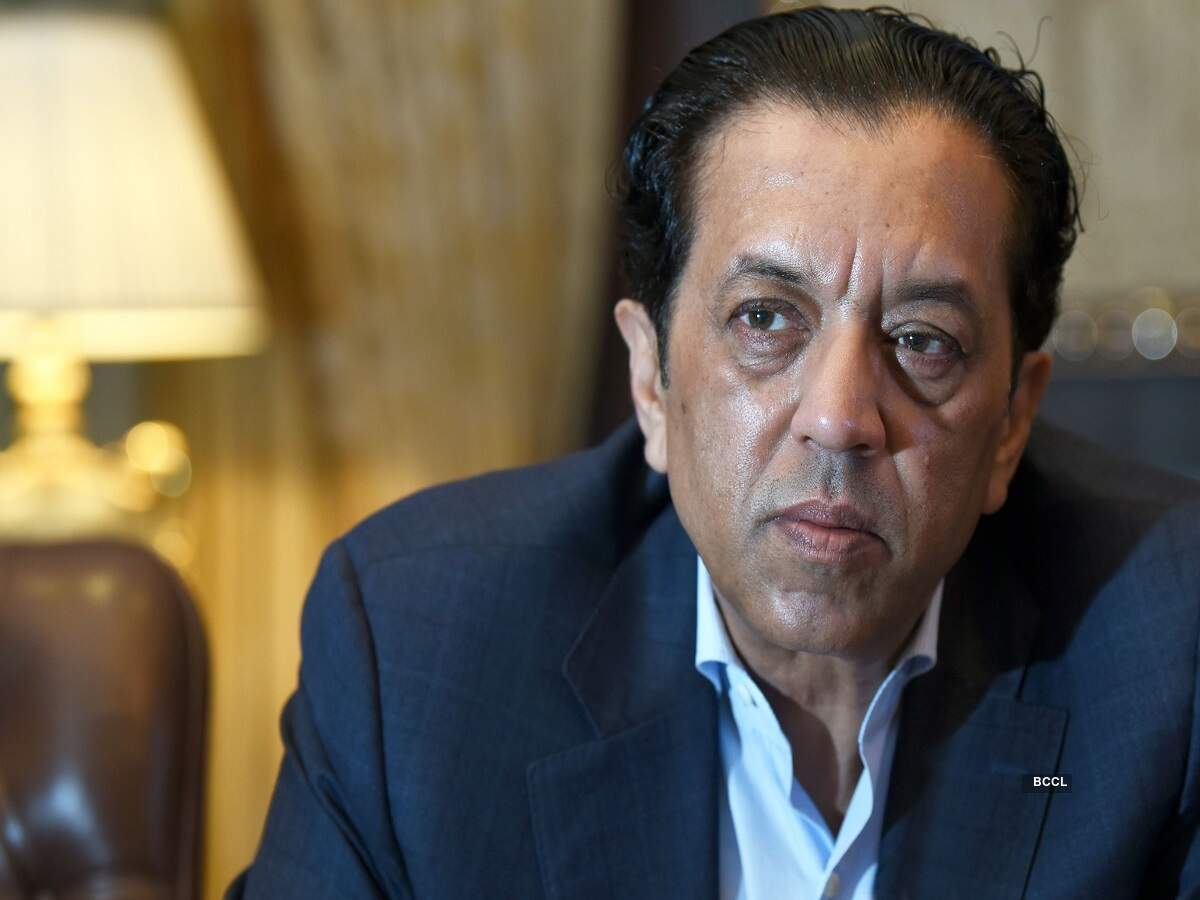 Covid-19 has upended our lives, and the world of business in many ways. How did your Indian portfolio companies fare?
Covid-19 has upended our lives, and the world of business in many ways. How did your Indian portfolio companies fare?Our 10 Indian portfolio companies — we have over 10 of them — and, of course, India have been more adversely affected than other parts of the world and we are not out of it yet. Our companies are well capitalised and have all raised capital earlier this year and last year. They have enough runway for the next few years, without having to raise capital.
If you look at the Vision Fund, which has roughly 95 companies around the world, and the same applies to India, Covid-19 was kind of good due to unintended consequences. When the companies went back to the drawing board, got focused on what they should be putting their capital resources into, cut operating costs dramatically, it has been very good across all our 90-plus companies around the world. Apart from hospitality — Oyo — most of our companies in India and outside have gone online, Grofers, PolicyBazaar, selling insurance online, Delhivery, with overnight delivery, Lenskart and FirstCry — all have tailwinds which are helping them dramatically.
How has Oyo fared?
ADVERTISEMENT
In the geopolitical situation between India and China, Chinese investments are being discouraged, while the government has also banned some Chinese apps. How do you view this?
Chinese capital is not just capital. It came with a lot of expertise. Alipay made strategic investments and not just financial investments. When we invested, they were strategic investors in our companies. There's enough capital. We will fill the vacuum. We aren't worried about that. I think what will be missed is the technical know-how, which was provided by these companies, whether its Alipay to Paytm, or to the food delivery business, or BigBasket, and what have you — $10-$15 billion of financial capital will be replaced. It’s the technical knowledge that a ridesharing company can get from a Chinese ride-sharing experience that will be missed. We have investments in every continent of the world, except in Africa. The next frontier for any show of strength, or a form of Cold War, will be fought in the battleground of technological supremacy. Mark my words, for the next 10 years it’s about who has better technology.
ADVERTISEMENT
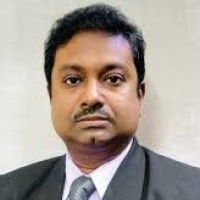
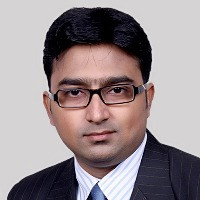
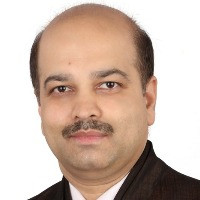
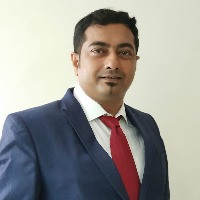
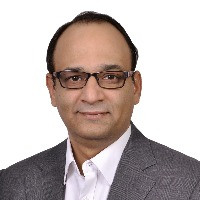
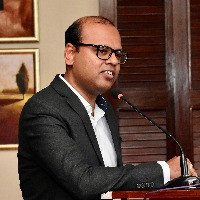
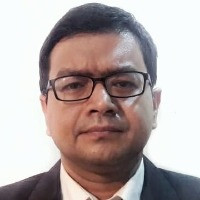
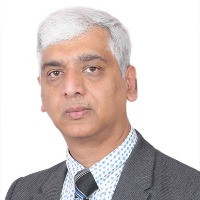
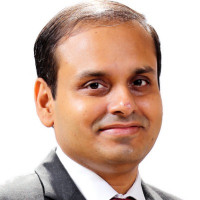
No comments:
Post a Comment